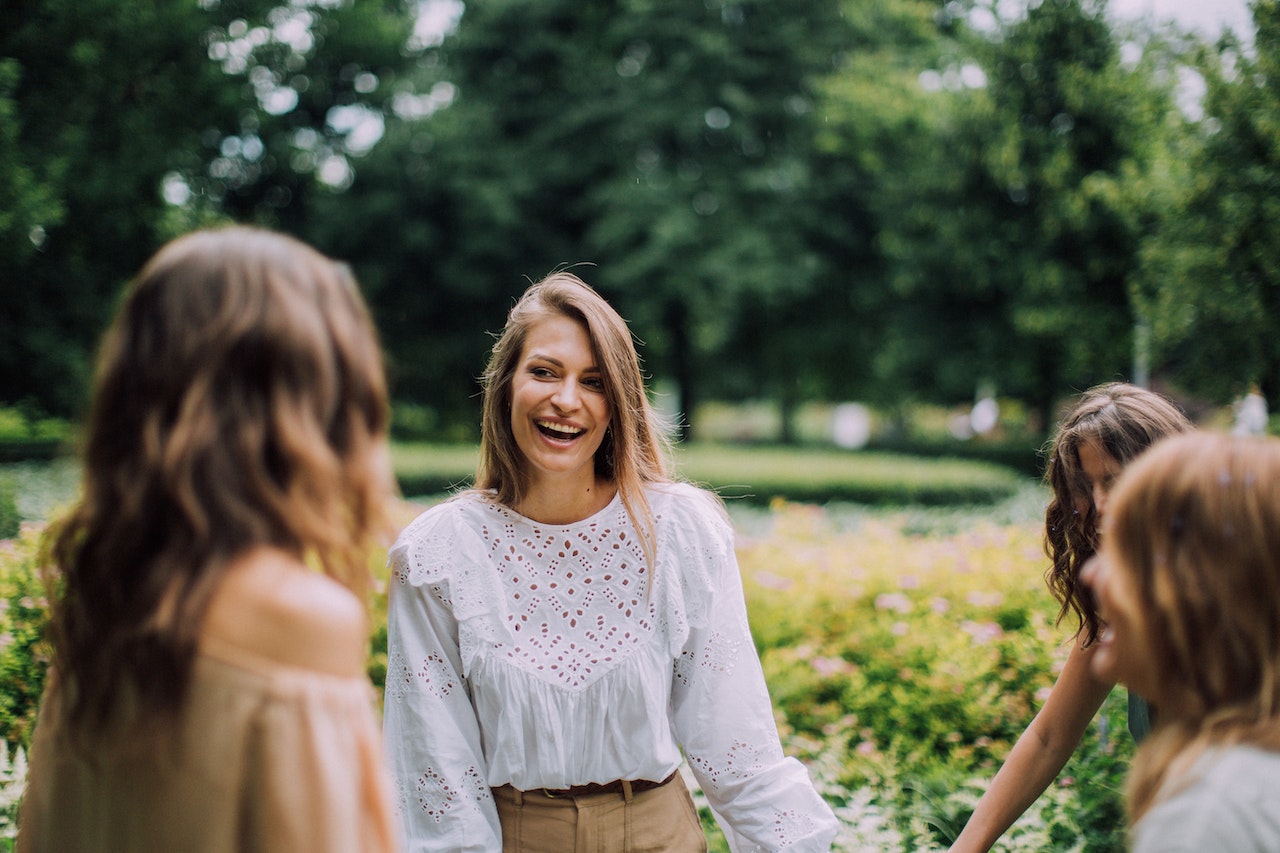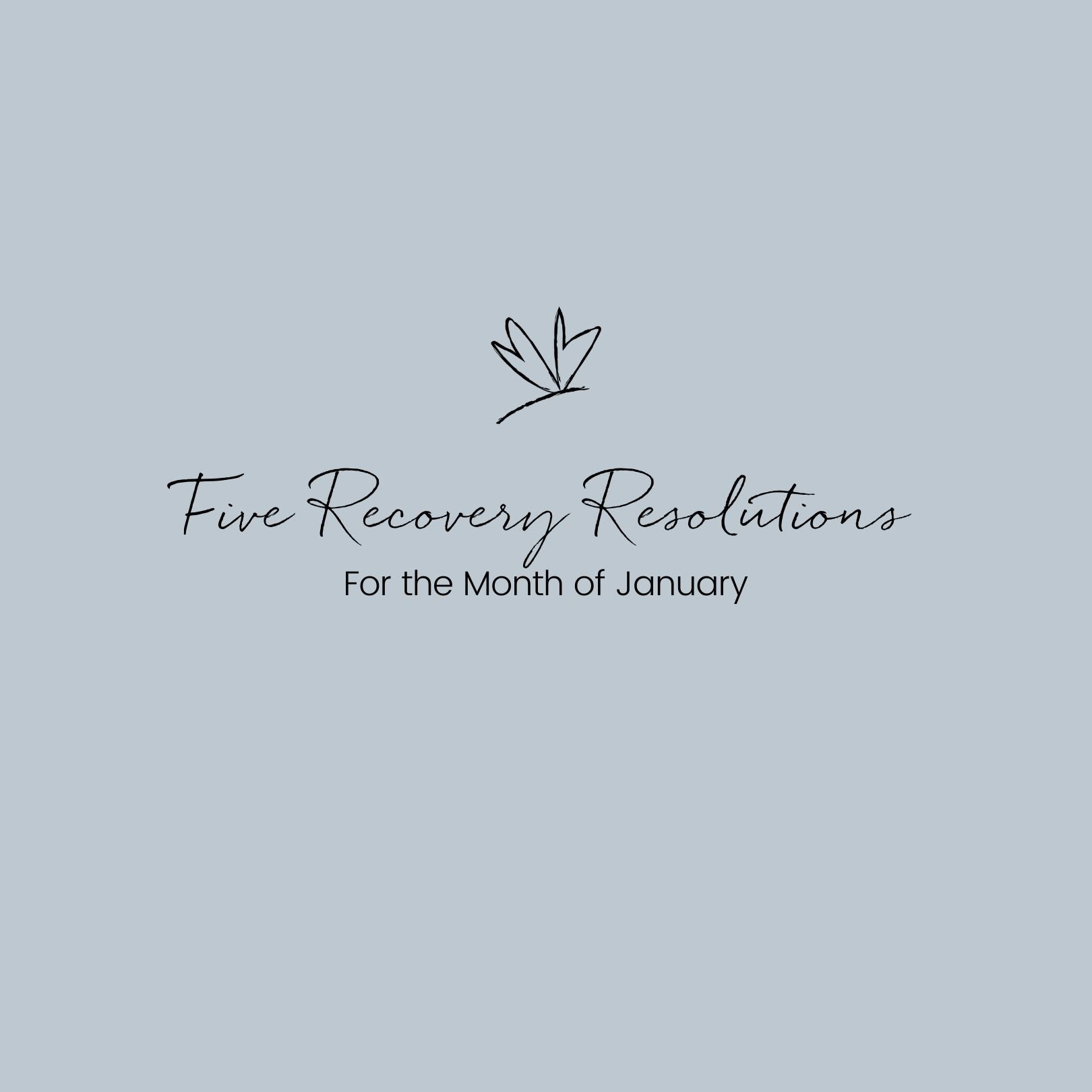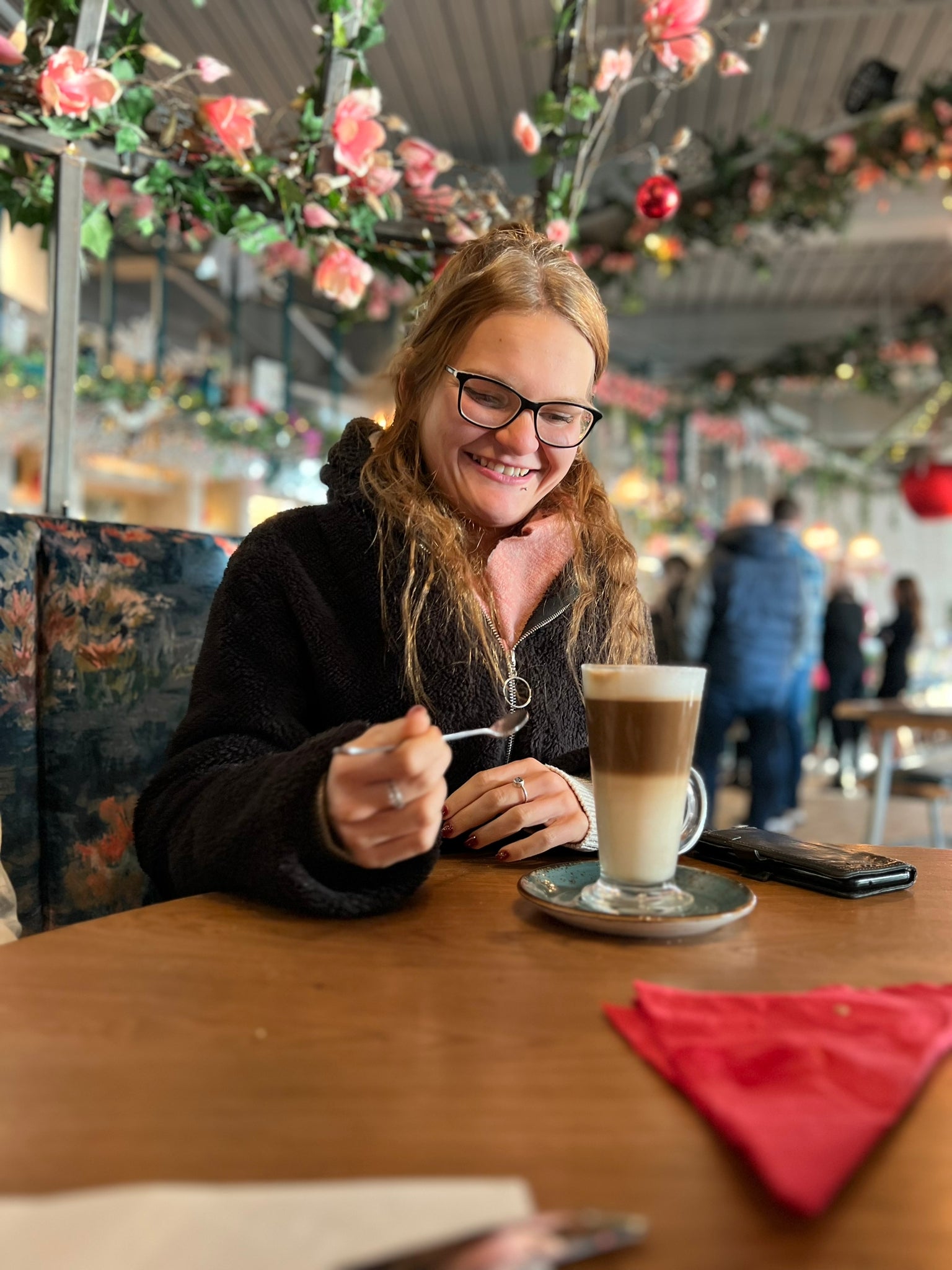8 Tips for Reducing Body Image Anxiety
Today’s post is courtesy of Caroline Drummond-Smith, who many of you will have heard us chatting to in a recent podcast.
Here, she gives tips for reducing body image anxiety:
Stop checking: Some people check rather than avoid, which also perpetuates negative body image. Checking is when people repeatedly ‘check’ their bodies for evidence of continued ‘disgustedness’. A person may study their body in the mirror for hours at a time, or pinch their sides to check on the ‘fat’. Write a list of your ‘checking’ behaviours. Once you’ve recognised what you’re doing, make a point of refusing to check or try to cut down on the number of times you check. If you have ‘pinch the fat on my stomach’ on your list and you notice you’re doing it 20 times per day, aim to cut down to 15 times, then 10, then 5, then stop altogether.
Stop comparing: One form of checking behaviour is comparison. This is when you constantly compare your physical attributes to those of other people. For many people, it’s such a habit it’s automatic and happens hundreds of times a day. Try to notice when you compare yourself to others and make a note of who you compare yourself to and what you say to yourself when it happens. Is it fair? Is it realistic? What effect does it have on how you feel about yourself? What can you say that may be helpful?
Check out your assumptions: People sometimes interpret normal, everyday things as evidence of their ‘fatness’. For example, a lot of women think that if their thighs or stomach wobble, this means they’re fat. In actual fact, wobbliness is a normal female characteristic. We’re made to wobble! For other women, the normal fluid retention that happens when they’re pre-menstrual can be viewed as a ‘sign’ that they’re putting on weight. Try to notice what you’re assuming to be evidence of ‘fat’ and look at the facts.
Separate feeling fat from feeling bad: When you have weight and body-image issues, it can be hard to separate feelings from how you’re feeling about your body. For example, if you’ve had a bad day at work, had a fight with your partner, got a parking ticket, you start to feel bad. You may then start to feel ‘fat’ and unattractive. If you start to feel this way, ask yourself what has triggered the feeling. Try to identify the real issue and separate it from your body image issues. Another common experience is for people to feel ‘fat’ after eating. When this happens, remind yourself that your weight and appearance were the same before this feeling hit. So although you may feel different, your weight hasn’t changed.
Practice self-acceptance: Having a negative body-image is like having a critic in your head. The critic is a harsh, derogatory voice that makes nasty comments about you. For example “I look disgusting in this outfit” or “I can’t believe how fat I am”. The critic makes you feel awful because you believe it. Because you feel terrible about yourself, you look for ways to feel better. You may eat something, which gives a momentary pleasure, but minutes later, the critic is back telling you how much of a pig you are for eating. The big key to changing negative body image is to kill the critic and learn self-acceptance. This means learning to accept yourself as you are.
Write a list of all the things your body can do: Every day your body does amazing things - running, dancing, breathing, laughing - appreciate all of these things your body does for you.
Keep a top-10 list of things you like about yourself: Things that aren’t related to how much you weigh or what you look like. Read this list often and add to it as you become aware of more things you like about yourself.
Remind yourself that ‘true beauty’ is not simply skin-deep: When you feel good about yourself and who you are, you carry yourself with a sense of confidence, self-acceptance and openness that makes you beautiful. Beauty is a state of mind, not a state of your body.
- Apr 2022





